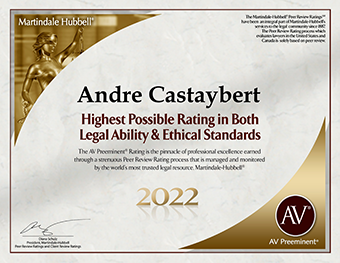What Do Trademark, Copyright and Patent Protect?
Trademarks are commercial symbols of source or quality. A copyright is a property right in an original work of authorship that is fixed in a tangible medium of expression. This right extends to items such as literary works, dramatic works, musical compositions, computer software, graphical works, architectural works, and sound recordings. A patent is a grant of a property right to an inventor to exclude others from making, using, or selling the invention. A patent protects ideas that are reduced to a novel utilitarian invention or design. This right extends to such things as chemicals, devices, designs, plant varieties, and some forms of animal life, genetic material, process, and methods including business methods. While patents and copyrights are granted only for a limited time, trademarks are of potentially infinite duration.









